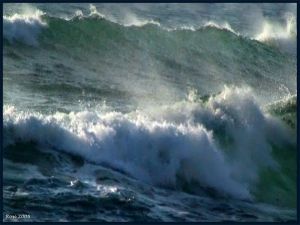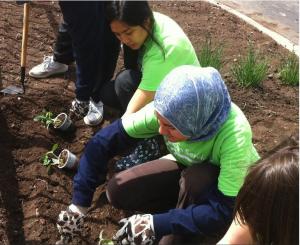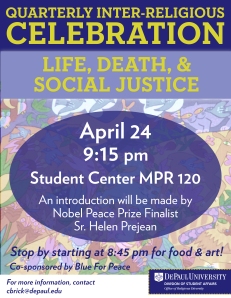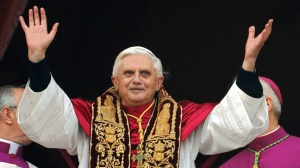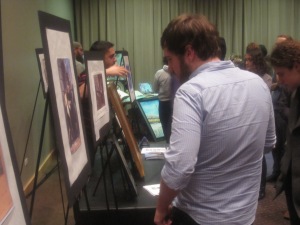
Even amid feelings of despair, there is always a way toward a new reality where life can triumph and flourish.
I know that I am not alone in finding myself stuck in some confusion and despair over the troubling conflict in the Middle East. These events are a stark reminder of the pain and destruction that violence and injustice can breed. Most of us learn about the harsh realities there primarily through shocking videos and images, leading to feelings of powerlessness and anguish because we are oceans away. Yet it is important to be aware of these realities rather than to avoid them, and to center our compassion and concern on all the people impacted. It would be inhuman of us not to do so.
As a Catholic Christian, I am steeped in a narrative of resurrection and the eternal possibilities of life and light present in the face of darkness. I find hope in knowing that another world is possible other than one filled with violence and destruction. I have learned repeatedly in my life that in moments of despair and helplessness, we can always regain some sense of agency by beginning with the reality immediately before us, with the people around us, and with the vision of life that we believe we must help create, enable, and sustain. The road ahead can be long, hard, and complex. Yet if we are open to it and courageous enough to pursue it, it is always possible to work toward a justice and peace that enables all life to flourish, reflecting the creative dream and intention of our God.
I am certain that we, at DePaul, can create a kind of community that does not replicate the harm of the broader society. Because our walls are porous by design, we cannot help but be influenced in powerful ways by the injustices that surround us in our world. Yet, with careful intention, we also can work toward a different way of being together, one that accepts deep difference and conflict while being open to deeper understanding and change. We can model among us what we hope to create.
Vincent de Paul’s spirituality is what Catholic Christians speak of as “incarnational.” That is, Vincent believed that faith is ultimately made evident in concrete action. He spoke often of virtues, which are essentially the consistent embodiment of our aspirational values and ideals. In fact, this is what Vincent de Paul saw and most revered in the example of Jesus, who incarnated the presence and love of God. Vincent de Paul believed we are called to do the same. Furthermore, Vincent suggested, God supports and accompanies us in the process, helping us toward the realization of an integral human development and flourishing.
Inspired by our Vincentian mission, we always strive toward larger goals, such as the sustainability of our planet, an end to violence, and the alleviation of poverty and injustice. We act for systemic change that can make the flourishing of life possible for all, with particular attention to those who have been marginalized or abandoned. We work to bridge the gap between what is and what we dream of.
The way to that desired end may best be achieved by seeking to create locally the human community that we feel called to bring into being globally. If it is ever to come about, the larger change we seek must be accompanied by change within and among us.
Reflection questions:
What is the human community and the world you believe we are called to help bring into being here at DePaul? How can your actions reflect the end that we seek?
Reflection by: Mark Laboe, Associate VP for Mission and Ministry


